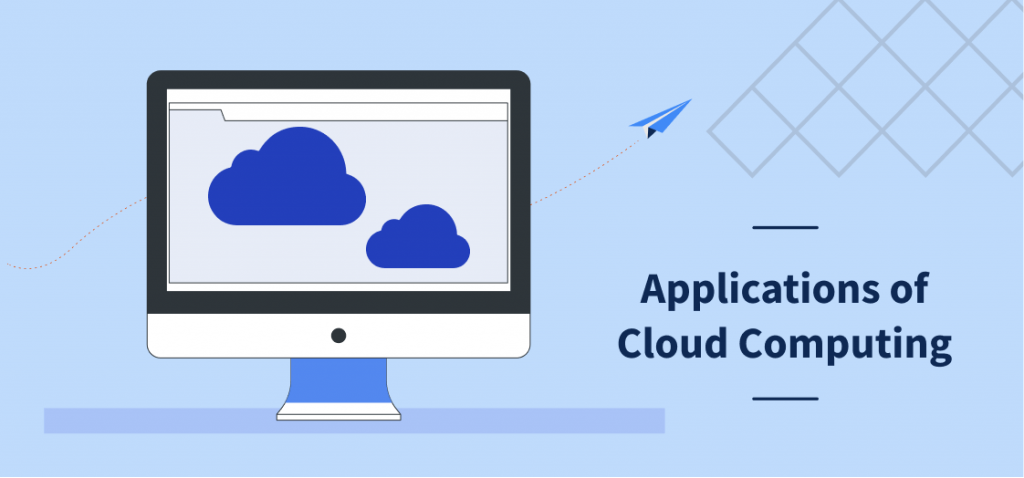Cloud computing refers to the provision of a wide range of on-demand computing services, including servers, software, storage, databases, networking, analytics, and intelligence, among others, via the Internet. Virtually every industry is now embracing cloud computing due to its myriad benefits. Initially, companies often start with a small workforce and minimal data requirements. However, as they expand, their data storage needs grow, necessitating centralized storage and large databases.
In essence, as companies evolve, they eventually require expensive server hardware to manage their expanding data. Scalability is a key driver for adopting cloud computing, as cloud-based applications offer easier scalability compared to traditional setups. Moreover, hardware often becomes outdated over time, prompting the need for software upgrades to keep pace with innovation without straining budgets. This is where cloud computing proves invaluable. With numerous applications, cloud computing facilitates innovation while offering flexibility and scalability, all within budget constraints.

As mentioned, cloud computing offers a comprehensive suite of IT services accessible over the internet, available on a rental basis, providing users with the flexibility to select services according to their needs. With this foundational understanding, let’s delve into the top 3 applications of cloud computing in detail.
Table of Contents
Online Data Storage
Organizations accumulate vast amounts of data over time, encompassing various formats such as text, images, audio, or video. To manage this data efficiently, organizations are increasingly turning to cloud storage solutions, eliminating the need for physical storage systems. Data within an organization typically falls into two categories: current data, which is frequently accessed for day-to-day operations, and historical data, which holds value but is not actively used. Cloud storage enhances accessibility, allowing data to be accessed from anywhere with an internet connection.
Backup and Recovery
Cloud service providers offer diverse options for data recovery, with various plans available to suit companies’ specific requirements and budgets. Additionally, cloud providers offer data redundancy features, ensuring that copies of data are stored in different locations for added safety and flexibility in access. This redundancy serves as a safeguard against data loss and facilitates seamless access to data in case of primary location unavailability.
Testing and Development
Testing is crucial in the product development lifecycle, ensuring that products are fit for deployment. Testing must be comprehensive, covering various machine configurations and infrastructures to accommodate diverse end-users. Load balancing testing assesses a product’s performance under heavy user loads. Cloud platforms provide an ideal environment for testing, offering a centralized solution with access to diverse IT resources and computer infrastructures. Organizations can leverage cloud testing capabilities to evaluate product performance against large user volumes efficiently.
Frequently Asked Questions
1. Where can Cloud Computing be applied?
Cloud Computing finds utility in scenarios requiring the storage of vast volumes of data, accessible from any location worldwide. It serves as a platform for storing, managing, retrieving, and analyzing data. Leveraging cloud storage ensures high availability, speed, scalability, and security for your data environment, accessible at any time and from any location. Additionally, Cloud Computing serves as an ideal environment for testing and development purposes and is instrumental in conducting big data analytics.
2. What are the benefits of cloud computing?
- Reduced maintenance expenses
- Enhanced data security
- Increased mobility
- Superior accessibility
- Limitless storage capacity
- Enhanced scalability